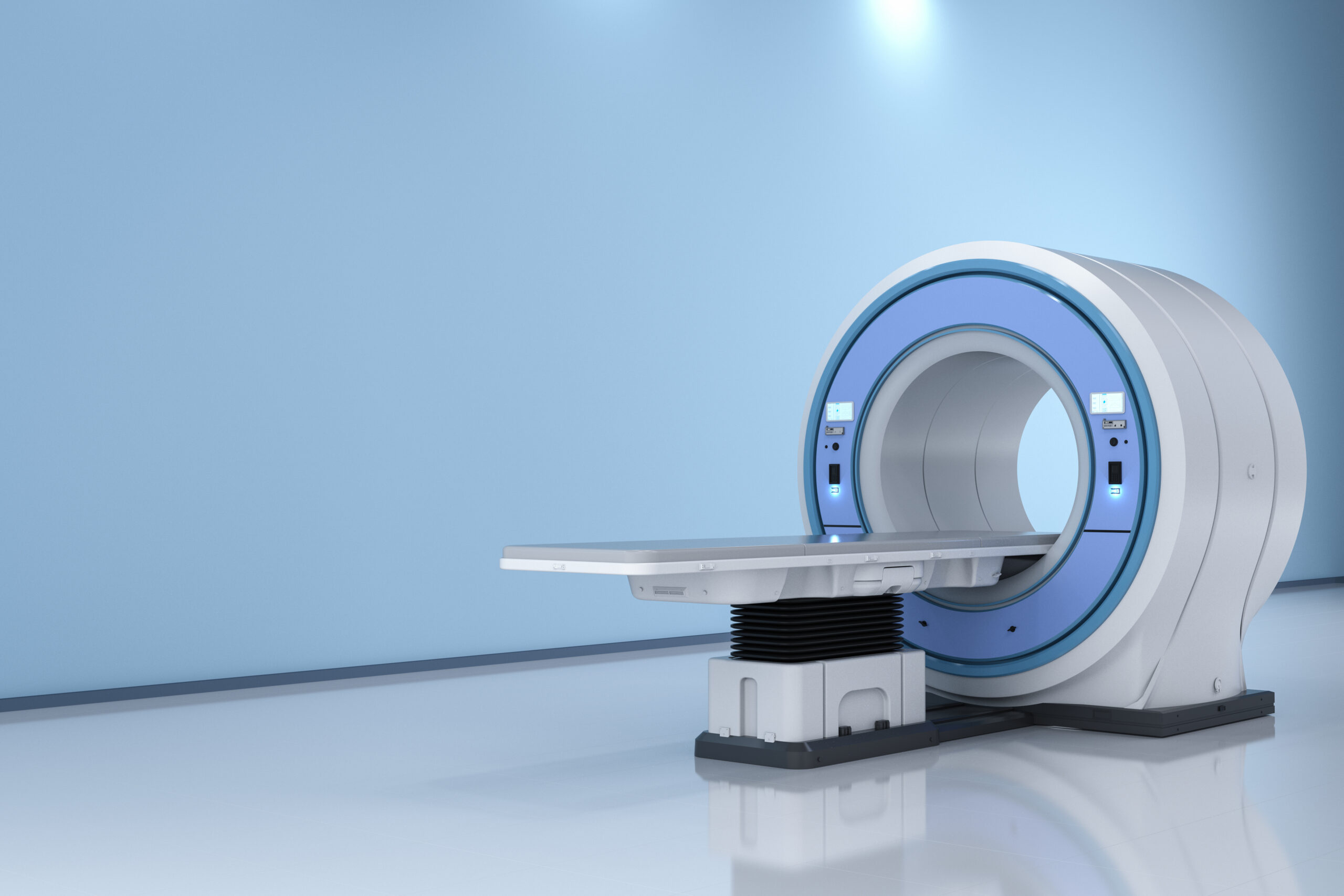Why do people with dementia react strongly to unfamiliar smells
People with dementia often react strongly to unfamiliar smells, and this reaction can be quite intense. To understand why this happens, let’s first look at how our sense of smell works and how it connects to our brain.
Our sense of smell is closely linked to memory and emotions. When we smell something, it triggers a response in the brain that can evoke memories or emotions. This is because the part of the brain that processes smells, the olfactory system, is very close to the parts of the brain that handle memory and emotion, like the hippocampus and amygdala.
In people with dementia, especially Alzheimer’s disease, these brain areas are often affected early on. The hippocampus, which is crucial for forming new memories, and the amygdala, which processes emotions, can become damaged. This damage can make people more sensitive to certain stimuli, including smells.
When someone with dementia encounters an unfamiliar smell, it can be overwhelming because their brain is trying to process this new information. Since their memory and emotional centers are affected, they might not be able to understand or contextualize the smell as easily as someone without dementia. This can lead to strong reactions, such as anxiety or agitation, because the brain is struggling to make sense of the smell.
Additionally, people with dementia might have difficulty distinguishing between familiar and unfamiliar smells due to their impaired olfactory system. This can make everyday experiences, like walking into a new room or meeting someone wearing a strong perfume, very challenging.
Understanding these reactions can help caregivers and family members support people with dementia better. By being aware of how smells can affect them, we can create more comfortable environments and reduce stress. For example, using familiar scents or avoiding strong perfumes can make a big difference in their daily lives.
In summary, the strong reactions to unfamiliar smells in people with dementia are largely due to the way their brain processes these stimuli, combined with the emotional and memory challenges they face. By recognizing this connection, we can provide more thoughtful care and support.





